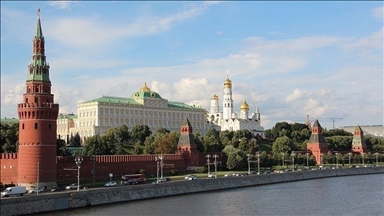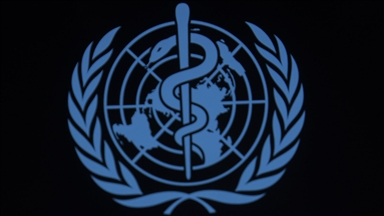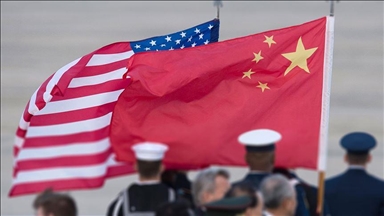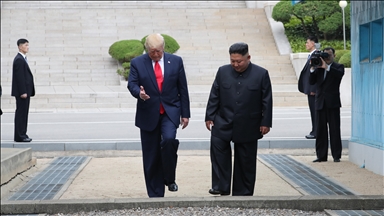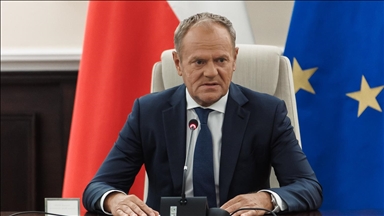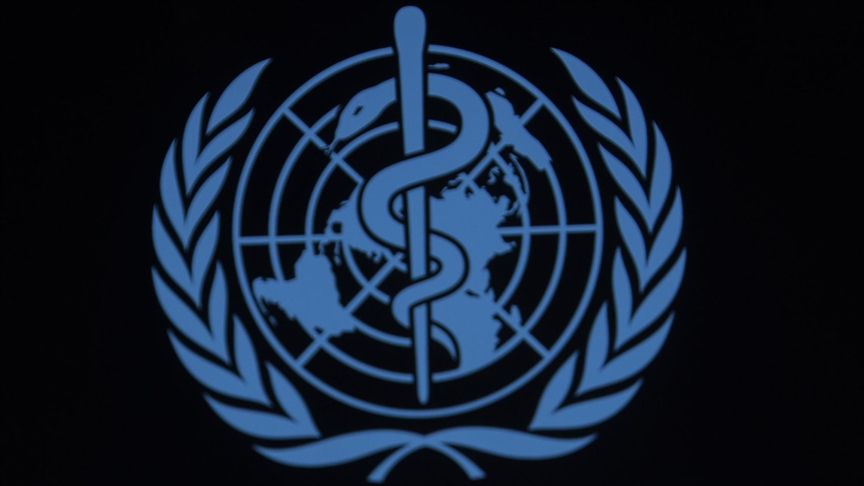 Erçin
Erçin
ANKARA
Global health funding has fallen to its lowest level in 15 years as the US and several European countries reduce foreign aid, prompting warnings from health experts that the world is becoming less prepared for future pandemics, according to media reports on Sunday.
US President Donald Trump has withdrawn the country from the World Health Organization (WHO) and slashed major health aid programs since returning to the White House in January.
Nine European countries, including key donors, have also scaled back their foreign aid budgets, citing defense and economic priorities.
According to the Seattle-based Institute for Health Metrics and Evaluation, overall global health funding has dropped from $80 billion in 2021 to under $40 billion this year.
The US reduced its contribution by 67%, or more than $9 billion, while the UK and France made cuts of around 40% and 33%, respectively.
“There’s not a lot one can see geopolitically that would give people confidence that this is a great moment for cooperation,” Politico quoted Thomas Bollyky, director of global health at the Council on Foreign Relations, as saying.
The Trump administration’s distrust of the UN and WHO has accelerated the retreat from global cooperation.
On his first day in office, Trump announced that Washington would end its $640 million annual contribution to the WHO.
The withdrawal is expected to take effect in January.
WHO Director-General Tedros Adhanom Ghebreyesus said the sudden exit “should have allowed an exit strategy” and warned that it has already resulted in deaths.
He added that the agency’s budget for the next two years has been reduced by 20%, and about 600 staff members in Geneva are being laid off — the largest downsizing in its history.
Tedros noted that while some countries have increased their contributions to offset the losses, “the hole left behind remains too large.”
The WHO plans to have 50% of its budget funded through mandatory member dues by 2031 to reduce reliance on any single country.
Even more cuts
In addition to the WHO, the US has cut $300 million in annual support to Gavi, the vaccine alliance, and has made no new pledges to the Global Fund to Fight AIDS, Tuberculosis and Malaria.
Health advocates warn that these reductions could reverse decades of progress.
Bill Gates said during a UN General Assembly event that the number of children dying each year could rise for the first time in 25 years.
Reports from Cameroon and the Democratic Republic of the Congo described deaths linked to suspended US aid programs.
Secretary of State Marco Rubio rejected such claims, saying no one had died because of the funding cuts.
He argued that the US must stop creating a “culture of dependency” through global health aid.
The administration’s new America First Global Health Strategy states that the US will no longer fund intermediary organizations and will instead work directly with foreign governments, emphasizing that “aid will not continue forever.”
Despite his criticism of international institutions, Health Secretary Robert F. Kennedy Jr. has cooperated with the WHO on limited projects, including efforts to evacuate Palestinian children with cancer from Gaza.
However, he has also called for “radical reform” of the organization and encouraged other nations to pursue alternatives outside its framework.
Countries such as Argentina, Italy, Hungary, and Russia have expressed interest in following Washington’s lead in withdrawing from the WHO.
Sania Nishtar, CEO of Gavi, said donor fatigue had already begun before Trump’s return.
“We have reduced our workforce by 24%,” she said, adding that Gavi raised $9 billion in pledges this year, below its $12 billion target.
To cope, Gavi and other agencies like the Global Fund are merging operations and cutting costs.
“We are making tangible changes at the last mile to exploit synergy to the maximum,” Nishtar said.
African countries are also taking steps toward financial independence.
At a recent summit in Ghana, leaders pledged to invest more in health systems and diversify funding sources.
Tedros said this shift could have long-term benefits.
“Countries are now waking up and saying: ‘OK, I have to mobilize domestic resources,’” he said.
Anadolu Agency website contains only a portion of the news stories offered to subscribers in the AA News Broadcasting System (HAS), and in summarized form. Please contact us for subscription options.


